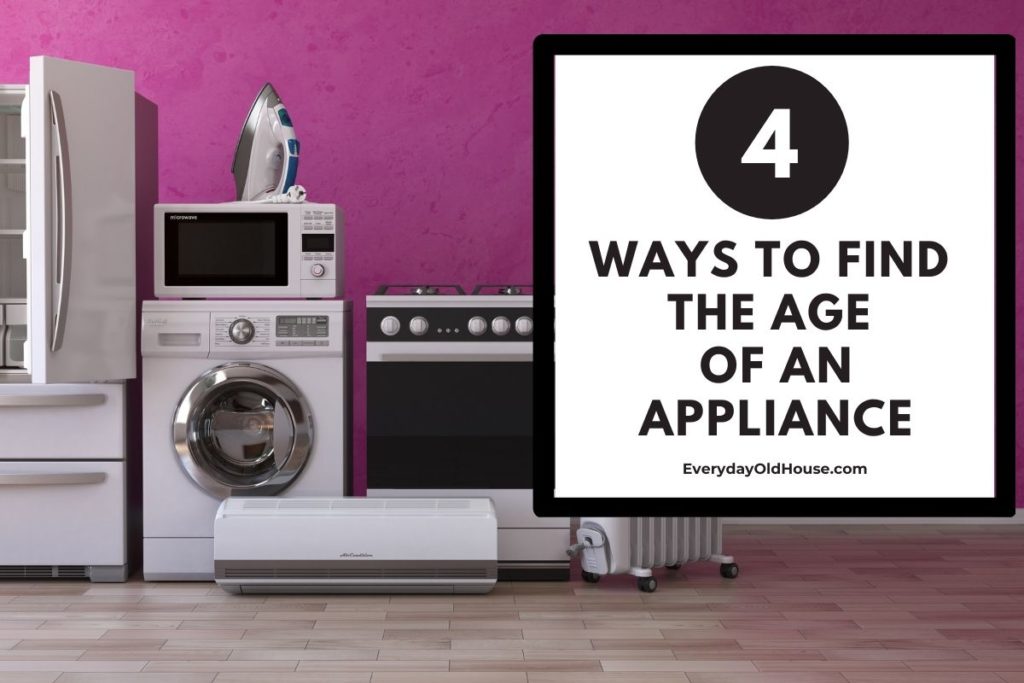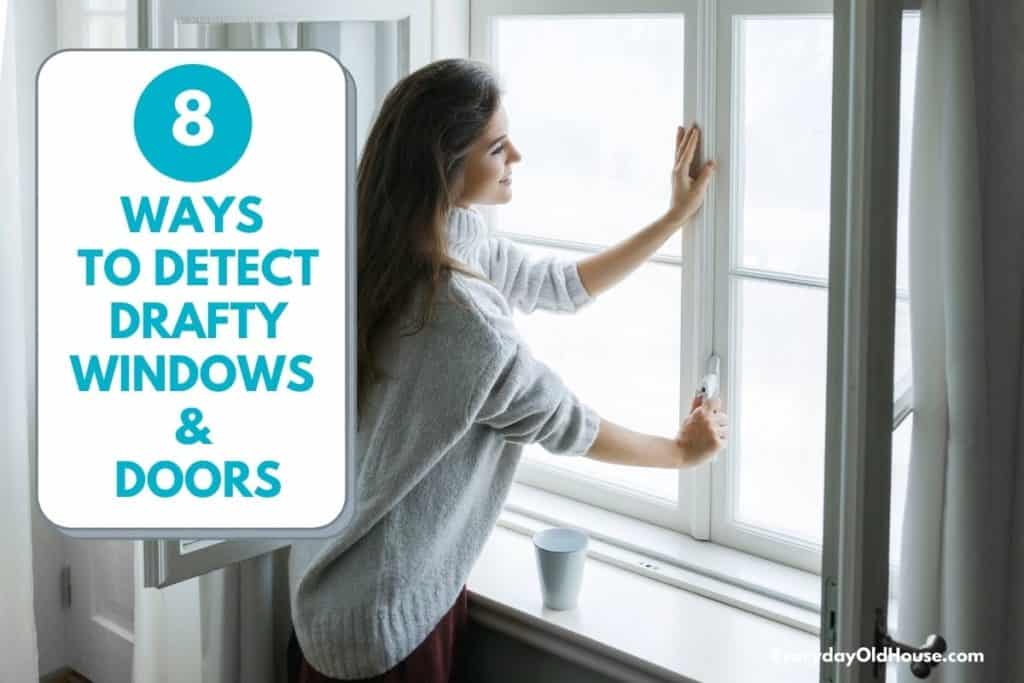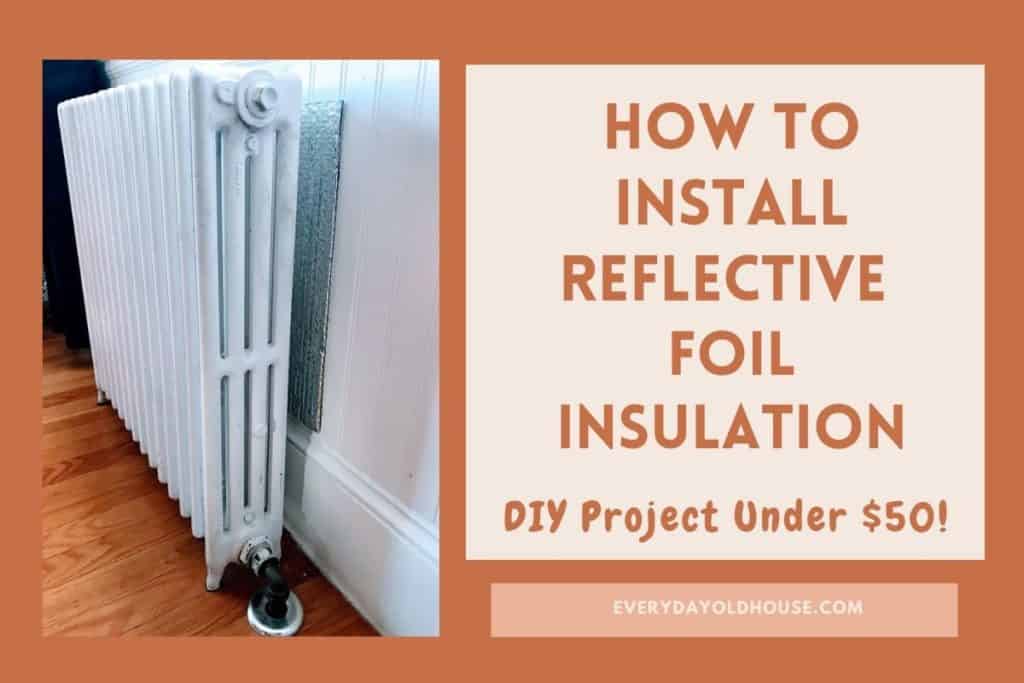Last Updated on March 6, 2024
A home energy audit is an amazingly useful tool to paint a picture of how your house uses energy. It’s a great investment in not only helping save money on utility bills, but also improving the comfort of your home. But before that auditor rings your doorbell, be sure to follow these tips to prep for a home energy audit.
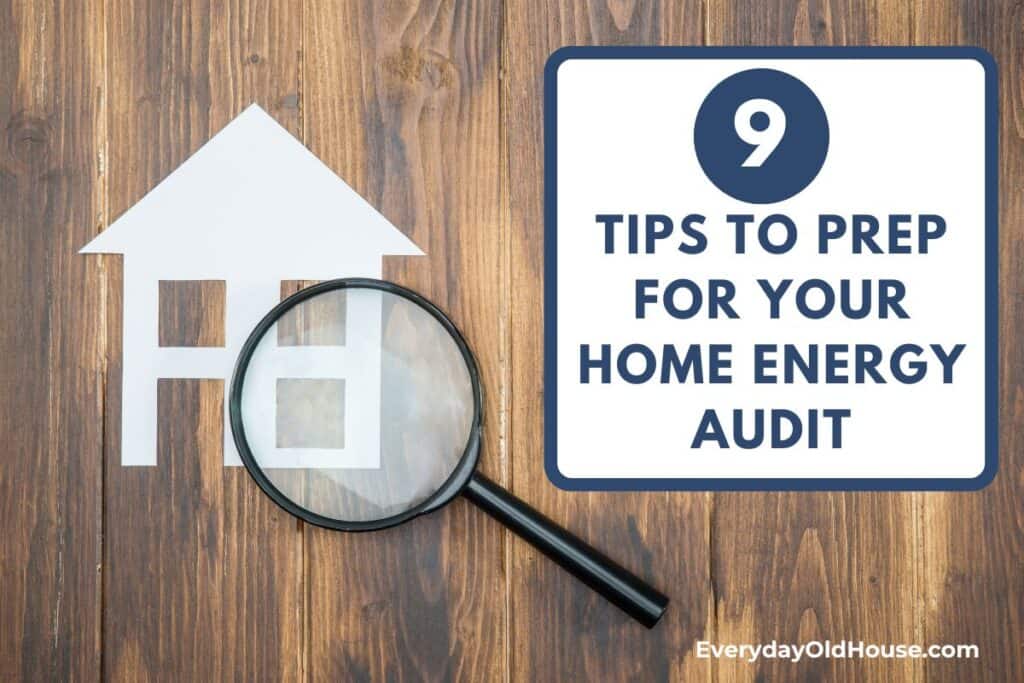
Backstory
When we moved into our home 11 years ago, we had a free home energy audit conducted through our local utility. It was extremely helpful.
The report identified a laundry list of improvements to increase our home’s energy efficiency, which was overwhelming. However, it made it a lot less overwhelming in that the report also prioritized what energy improvement projects needed to done ASAP and which could wait.
Fast forward 11 years and we have finished a lot of projects – new furnace, new roof, additional insulation behind radiators, etc. But we lost steam and slowed down on projects (probably the birth of twins…?)
This fall we had an updated home energy audit and it was the catalyst we needed to re-start more energy-saving home improvement projects. And like Leah Ingram’s home energy audit, we learned that energy-efficiency projects don’t need contractors and large budgets. Some inexpensive, DIY fixes are just as effective.
BUT here’s my point – we got a lot more out of this audit because I did some homework before the auditor rang my doorbell.
Here’s my homeowner tips on how to prep for a home energy audit so that you too can get the most out of the experience.
What is a Home Energy Audit?
Simply, a home energy audit is meant to provide you picture of how your home uses energy. Depending on where you live, these audits are also referred to as home energy assessments or home performance audits.
The purpose of a home energy audit is two-fold:
- Identify where your home is inefficiently using energy, and
- Suggest ways to fix to conserve energy and save money.
Why Should You Schedule a Home Energy Audit?
The most obvious reason for a home energy audit is to save money on your utility bills. BUT there are other valid, meaningful reasons to have a home energy audit.
For example, some utilities provide rebates and tax incentives if you implement the audit’s recommendations.
Our local utility provides rebates on energy efficiency improvements such as installation of insulation, weather stripping, and window and door replacement. Some of these rebates can be significant. Our local utility offers up to $1,500 rebate in insulations.
According to Energy.gov, you could save 5-30% on your energy bills by making the energy-efficient upgrades identified in a home audit.
Oh, yeah, and another reason is to, you know, save the earth…. ?
Where Do You Get a Home Energy Audit?
The best place to start is your local utility provider. They should be able to determine your eligibility for various programs that provide energy audits and guide you in the right direction.
What’s great about these programs is that most programs provide home energy audits FREE OF CHARGE and have already vetted out qualified, certified home energy auditors.
However, if your local or state utility doesn’t offer home energy audits, the Residential Energy Services Network provides a directory of certified professional energy assessors. Note that they may charge, so treat this like hiring any other contractor – get references, call Better Business Bureau, etc…
While a professional energy auditor is the best option for capturing the whole picture of your home’s energy use, it is possible to do your own home energy audit using checklists like these.
How to Prep for a Home Energy Audit
To get the most from the auditor’s visit, you need to prep for a home energy audit. Here’s our 9 tips so that you are ready to roll when the energy auditor arrives at your doorstep.
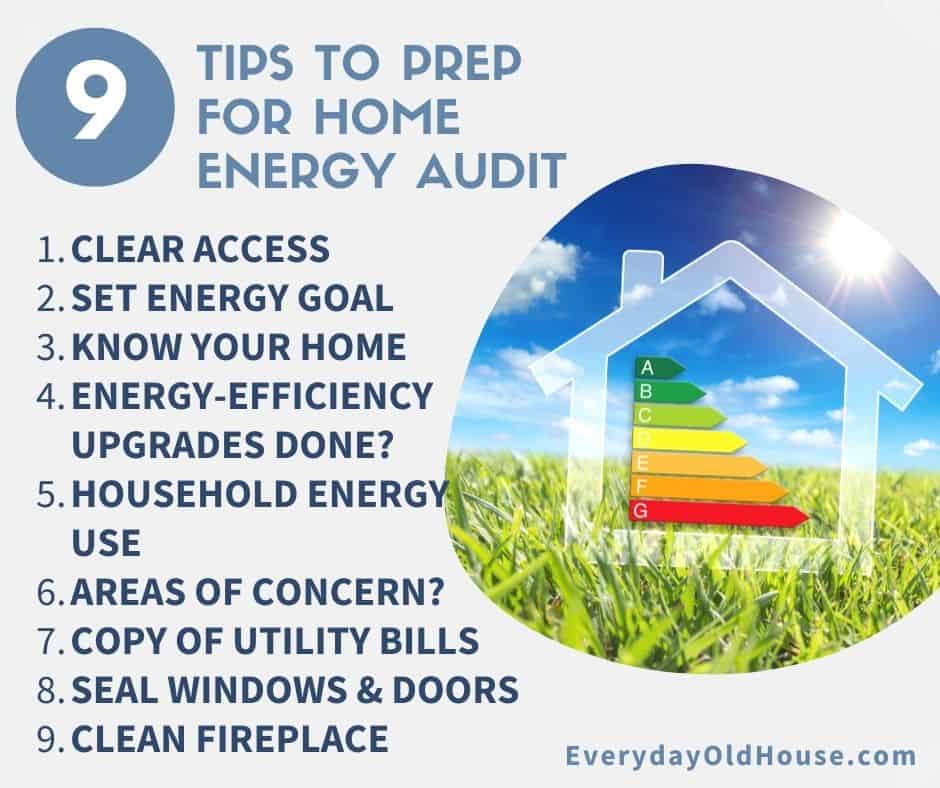
1. Access All Spaces
There’s nothing more embarrassing than not having a home ready for a guest. And that includes a home energy auditor.
Your home energy auditor needs to visually inspect the exterior, interior, home envelope, and all mechanical systems of your home to determine their condition. This means going down to the basement and shoveling a path through all those boxes to aces the water heater.
Clear away any belongings to allow access into the crawl spaces, access hatches or attic spaces. Ensure there is a path for the home energy auditor to access boilers, furnaces and water heaters easily and quickly.
Sidenote: This might be a perfect time to get rid of that junk that’s been lying around doing nothing in front of a crawl space (yup, you know I’m talking to you).
2. Audit Purpose
Be prepared to answer the question – Why are you doing an audit? What is your goal?
Perhaps you are like me 11 years ago and just bought a house and looking for a laundry-list of energy saving improvements to prioritize. Or perhaps have specific concerns or agenda. For example, you are most interested in the amount and quality of the insulation of your house. Or curious about the energy-savings with your kitchen appliances.
By communicating your reasons for having a home energy audit helps the auditor focus their investigation and tailor their recommendations to suit your needs.
3. Know Your House
While the home energy auditor can gather general information on your house from the Assessor’s office, it is still useful to have a general understanding about your house, such as:
- Construction Year
- Square footage
- Number of Rooms
- Location of utilities (i.e., electrical panel, water and sewer mains, etc..)
- Types of lightbulbs (incandescent, light-emitting diodes (LEDs) or compact fluorescent lamps (CFLs)).
Be an educated homeowner. Having this information handy results in a more efficient and enjoyable home energy audit.
4. Energy-Efficient Upgrades
To help prep for a home energy audit, make a list of energy-efficient upgrades that you (or past owner) have conducted. Sift through your home improvement file or receipts. What energy-efficient home improvements have you done? Do you know the approximate ages of the parts of your home, such as:
- HVAC components such as furnace, boiler, water heater
- Windows and Doors
- Roof
- Programmable thermostat
- Insulation
- Appliances
Understanding the ages of various home components helps the home energy auditor pinpoint what needs to be upgraded sooner than later.
5. Household Use
Obviously, a significant part of a home energy audit involves the auditor examining the physical parts of the home. However, it’s just importantly that the auditor also understands how your family uses the home.
To gain a sense of your habits at home, the assessor will likely ask questions to gain a sense of your habits at home:
- Is anyone home during the day? Or does everyone leave for a good portion of the workday?
- What are your usual thermostat settings in summer and winter?
- What settings to you use on your appliances? What temp is the frig set to? Do you use the hot water cycle on your washer?
Why is this important? Small adjustments to your habits at home can significantly reduce your home’s energy use. These minor changes (which are free or low-cost) can lower your utility bills almost as much as large energy-efficient projects.
6. Areas of Concern
Do you have a room that’s draftier than the others? Or a place that accumulates moisture? These are areas of concern you should share with your home energy auditor.
Discussing the energy “quirks” of your home will help the auditor focus their attention to determine the cause. They may perform a combination of diagnostic tests to identify gaps, leaks or ventilation issues. Many home energy audits commonly include energy usage equipment to measure energy consumption, including infrared cameras. These camera scans can be focused on certain areas of the house to detect heat loss in walls or HVAC ducts and water leaks.
7. Utility Bills
To prep for a home energy audit, ensure to have copies or a summary of the home’s yearly energy bills on hand. Commonly gas and electric bills show a twelve-month history. If you have signed up for paperless with your utility, be sure to get a paper copy or create a pdf version to email to the home auditor.
The auditor will review the utility bills to look for peaks and valleys in energy use on a seasonal basis. For example, our auditor noticed a peak in September, which is uncommon. Usually in New England, peaks occur in the winter, lows in the summer. While we didn’t have an answer for the fall peak, it alerts us to keep an eye on our energy use this coming fall.
8. Windows and Doors
Windows and doors are a common culprit of air leaks and increased dust, so prep for a home audit by ensuring a clear view of windows and doors. Raise blinds and open curtains. Close and latch windows. This way the auditor can quickly visually inspect the windows and doors for age to assess their condition.
After assessing the windows and doors, your home energy auditor may choose to conduct a blower door test. This test is meant to check for air leakage throughout the house. In basic terms, the test is conducted by sealing up the house and then running a large fan to find cracks and holes where air is escaping.
9. Fireplace
In case a blower test is performed, you may want to prep for a home audit by cleaning up any ash in the fireplace. Or at a minimum cover the ash with wet newspaper. Otherwise, you might find yourself in a potential mess.
Wrapping Up
Unfortunately homeowners will always deal with utility bills. But with an energy audit, you have a powerful tool to help reduce energy usage and save money every month. And by prepping for a home energy audit ahead of time, you will have an even more powerful, comprehensive, tailored report.
Related Posts
Want to be the first to know about new posts? Be sure to follow me on Pinterest, Facebook, Instagram or Twitter of even Etsy! Or better yet… Subscribe below!
My monthly (admittedly sometimes more, sometimes less….) emails are like receiving a unexpected letter from an old friend WITHOUT needing to put on your slippers and walk out to your mailbox…. See? I got ya, my friend!)
[Note: My posts are proudly connected to these amazing link parties full of DIY ideas and inspiration!]
